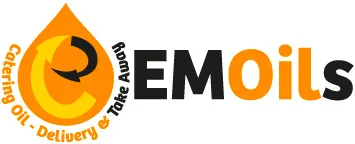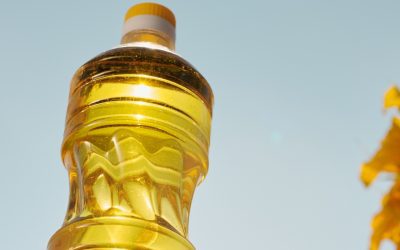Cooking oil is a valuable commodity and should be disposed of correctly. EM Oils takes its environmental responsibilities seriously and wants to help businesses safely and efficiently dispose of their old cooking oil. The following post will provide all the information you need on how to dispose of your old cooking oil.
Benefits To The Environment
Disposing of cooking oil properly can have many benefits to the environment. One benefit is that it helps to keep sewers and drains clean. Cooking oil can solidify and clog up pipes when pouring down the drain. This can lead to backups and overflows. By disposing of cooking oil properly, you can help to prevent these problems.
Another benefit of proper disposal is that it reduces pollution. For example, when cooking oil is disposed of in landfills, it can leach into the ground and contaminate groundwater. It can also release harmful gases into the air when it decomposes. Proper disposal helps to reduce these environmental impacts.
Finally, recycling cooking oil into biofuel provides a renewable source of energy. This helps to reduce reliance on fossil fuels, which are a significant source of pollution. There are many benefits to disposing of cooking oil properly. By doing so with help from EM Oils, you can help to keep your environment clean and reduce pollution.
Proper Ways To Dispose Of Old Commercial Cooking Oil
Cooking oil disposal is very important for businesses. If you have old cooking oil that you need to get rid of, there are some proper ways to dispose of it. You can’t just pour it down the drain or throw it in the trash. That would be a big mess and could cause environmental problems. Here are some proper ways to dispose of your old cooking oil:
- Recycle It – One of the best things you can do with your old cooking oil is to recycle it. Some companies will come and pick up your used cooking oil and recycle it into biodiesel fuel. This is a great way to reduce your carbon footprint and help the environment.
- Use It For Other Things – If you can’t recycle your old cooking oil, there are other ways to use it. For example, you can use it to fry food or as a lubricant for machinery.
- Dispose Of It Properly – If you can’t recycle or use your old cooking oil, you must dispose of it properly. The best way to do this is to take it to a waste management facility that can safely dispose of it.
- Call EM Oils – If you need help disposing of your old cooking oil, you can always call EM Oils. They are commercial oil disposal and oil collection company. They will come and pick up your used cooking oil and dispose of it properly.
There are many different ways to dispose of old cooking oil. Of course, recycling or using it for other things is the best way. However, if you can’t do either, you must dispose of them properly.
EM Oils want to help businesses dispose of their used cooking oil correctly. They provide commercial oil disposal and oil collection service across the UK – Leicester, Nottingham, Birmingham & Derby. To find out more about their services, visit their website or give them a call today.



